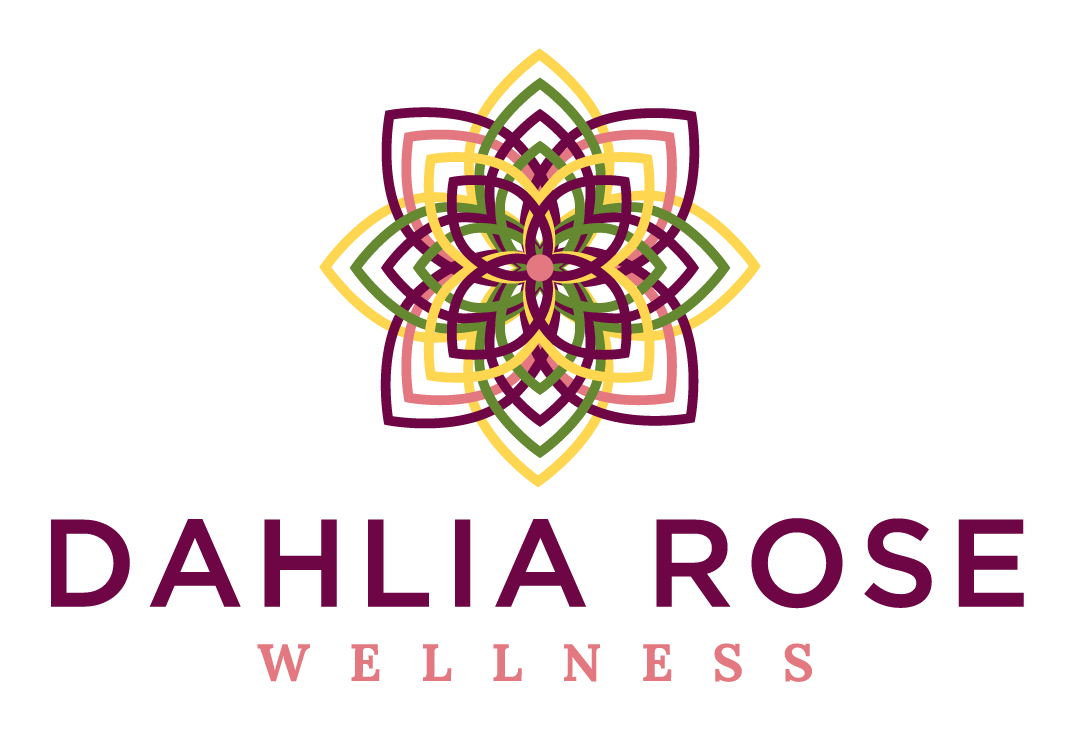Blood Thicker Than Water
What is Family? Is Family a group of people that you are told is your family because you were born into the same grouping? Is Family individuals who you decide to interact with that have like-minded thoughts, opinions, and values? Is Family individuals you engage with because they support and lift you up? Is Family only those who share the same blood? Many of us have people in our lives we consider family members even though they do not share the same bloodline as we do. Why is that? Why is it easy for us to find familial solace in people despite not having a biological connection?
When you Google the word family, the initial search result yields the following definition: “Individuals who live in the same household usually consisting of parents and children and may be immediate family members such as grandparents’ aunts and uncles and cousins.” But when you gain perspective about what family means to you, family is actually about having people around you who love you unconditionally despite your downfalls or your shortcomings; people who lift you up and wish nothing but the best for you.
At the end of the day, while we are born into different family settings, we are also able to choose our families and when we choose our families we are choosing people that we need in our lives at the point in time that we need them.
Many of us want to have strong relationships with the people that we call family, and it hurts when those relationships are strained, broken, and seemingly unrepairable. However, when you look at it from a different perspective those dysfunctional relationships might be relationships that are meant to stay unrepaired because having these groups of people in your life may be more of a detriment than a benefit.
Whether it is the mother-daughter relationship, father-daughter relationship, sibling rivalry, etc., several clients that I work with experienced varying levels of toxic relationships in their lives. “What did I do to make this person treat me the way that they do?”, was an underlying concern that led them to meet with me.
Finding the answer to that question seems like it would solve a lot of our problems and illuminate a lot of the negative feelings we have about ourselves. The world would seem a bit lighter and maybe it would transform our relationships with others. But the one thing to learn and know is that these challenges are present for a reason. A reason rooted in generational trauma.
A lot of times we repeat our traumas, and we impart them on the people that we are meant to be raising, loving, and celebrating.
Let me give you an example:
A young woman was the oldest of four and because she was the oldest of four, she assumed the role of a parent. The younger ones tended to connect with her as if she were their biological mother, not an older sibling.
Their mom tried her hardest to break up the relationships between the oldest daughter and her younger siblings with subtle toxicity. The mother would say snide remarks to her children about the oldest daughter, planting negative seeds of doubt ever so softly and diligently. Over time, the negative seeds took root and sprouted; leaving the children to view their older sister through hateful and judgmental eyes.
The oldest daughter started noticing the changes that her siblings were expressing towards her. Through her own therapy journey, she realized her mom harbored a lot of jealousy and envy towards her. As the oldest daughter started coming into her own level of understanding, she thought a lot about her mom’s relationship with her siblings including the strain and the broken relationships that occurred over the years.
It was clear that the toxic dynamics the mom was fostering between the daughter and her siblings happened to the mother and her siblings. Their grandmother and the relationship she had with her siblings were also similar. Did this happen in the great-grandmother’s relationship with her siblings as well? The answer would be yes.
A lot of times we repeat our traumas, and we impart them on the people that we are meant to be raising, loving, and celebrating. The saying “hurt people hurt people” rings true because when you are a hurt person, you raise a generation of hurtful individuals.
Hurt people continue generational hurt and trauma. The phrase, “You’re not family but blood couldn’t make us any closer,” is true to a certain extent. However, that way of thinking allows people with unchecked trauma to easily disregard the relationship that was built over time and the connections that were shared. When you are considering somebody in your family or considering somebody that is close to you, be mindful of how that person makes you feel regardless of whether it’s a biological relationship or not.
Part of getting clear about your life and where you are right now has a lot to do with who you keep around you. Who has access to you? Who do you allow to continue making small cuts at your façade?
Now answer me this:
If blood is thicker than water, why do we treat people we call family like they are strangers?
Djuan
